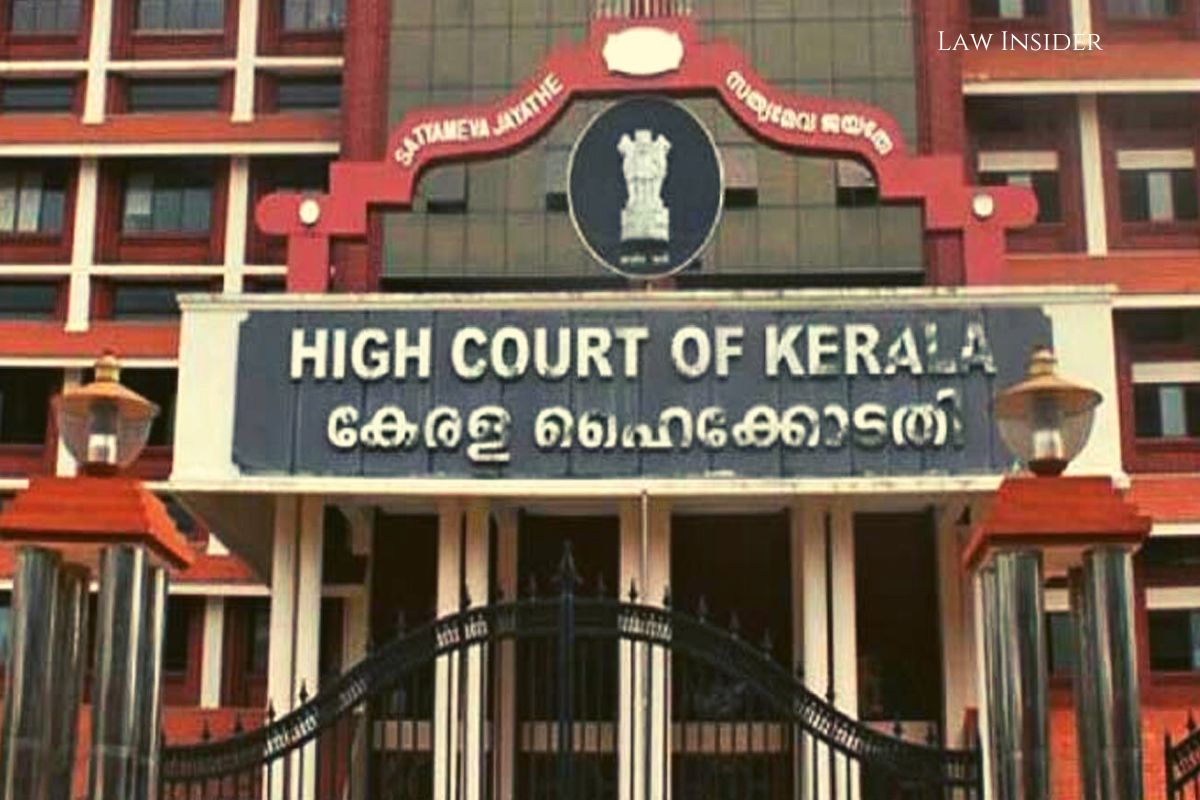LI Network
Published on: February 16, 2024 at 12:48 IST
The Kerala High Court has established guidelines for police officers conducting investigations into cognizable offenses committed beyond the territorial jurisdiction of the police station where the First Information Report (FIR) was recorded.
The Court emphasized that there is no absolute prohibition preventing a police officer from investigating offenses outside their jurisdiction once an FIR has been registered.
Justice Sophy Thomas, in response to a case where the accused contested the jurisdiction of the police station conducting the investigation, laid down several crucial directions regarding the investigation and registration of FIRs by police officers concerning cognizable offenses committed beyond their territorial limits.
The key directives include:
- Any police officer in charge of a police station, regardless of jurisdiction, is authorized to record information in writing about the commission of a cognizable offense.
- The power of a police officer in charge of a police station is extensive, equivalent to that of a court within its local area jurisdiction, enabling them to inquire into or try the offense.
- A criminal court has jurisdiction to inquire or try an offense only if it was committed within its jurisdiction.
- If a police officer records information about the commission of a cognizable offense outside their jurisdiction, they must forward the recorded/registered FIR to the police station with jurisdiction.
- There is no absolute prohibition preventing the investigation or inquiry into offenses committed beyond the local territorial jurisdiction by an officer in charge of a police station who recorded the information and registered the FIR.
- Once an investigation is initiated, it cannot be challenged in court on the grounds that the investigating police officer lacks jurisdiction.
- If a police officer investigates a case beyond its territorial jurisdiction, the results of such investigation must be submitted as prescribed under Sections 168, 169, and 170 of the Criminal Procedure Code (CrPC).
- After completing an investigation beyond territorial jurisdiction, the police officer must forward the accused or, if the offense is bailable, take security for their appearance, to the Magistrate empowered to take cognizance of the offense under Section 170 of CrPC.
- A court can verify and decide jurisdiction upon receiving a complaint about the commission of a cognizable offense, forwarding the case to a police station for FIR registration and investigation. Once such a complaint is received per court orders, the officer in charge of that police station must register a crime and investigate it, even if the alleged offense occurred beyond its territorial limits.
The case that prompted these guidelines involved an accused filing a petition with the High Court, seeking to quash the final report against him. The accused alleged that the Vizhinjam Police Station in Thiruvananthapuram, where the investigation was conducted, lacked jurisdiction since the alleged offense took place in Ernakulam district.
The accused argued that the final report should be quashed due to the police station’s lack of jurisdiction to investigate a crime committed outside its territorial limits.
Court Findings:
The petitioner’s counsel contended that the police conducted an investigation beyond their territorial limits, challenging the acceptance of the final report by the Vizhinjam Police Station.
The Public Prosecutor argued that a police officer has the authority to record information about a cognizable case, even if the offense occurred outside its jurisdiction.
The Court relied on a Supreme Court judgment and stated that there is no restriction on a police officer investigating a complaint that occurred outside its territorial jurisdiction.
The Court emphasized that when a Court forwards a complaint to the police for investigation under Section 156(3) of CrPC, the police must conduct the investigation and cannot refuse it due to lack of jurisdiction.
The court further clarified that an investigation is not invalidated even if conducted by a police officer lacking jurisdiction where the crime was registered. The trial, however, must take place in the court with jurisdiction over the area where the offense was committed.
Citing another case, the court asserted that a police officer has a statutory duty to investigate a cognizable offense after registering an FIR.
The Court emphasized that a victim should not be penalized for procedural irregularities or technical defects, if any, committed by the investigating officer.
In this particular case, the court concluded that the investigation conducted by the Vizhinjam Police was not compromised, and the accused did not demonstrate any prejudice caused by the investigation.
Therefore, the Court dismissed the petition, affirming the jurisdiction of the Additional District Court in Ernakulam where the case is now pending.

